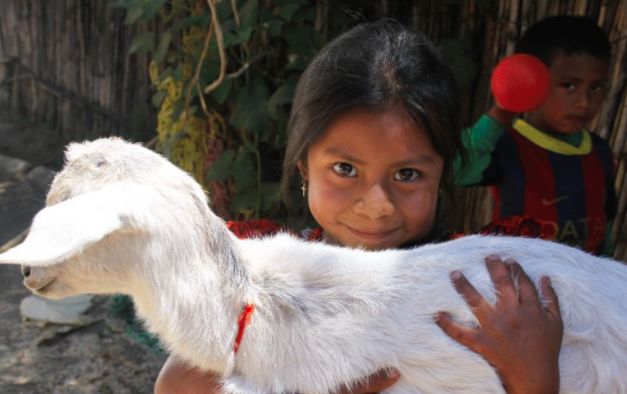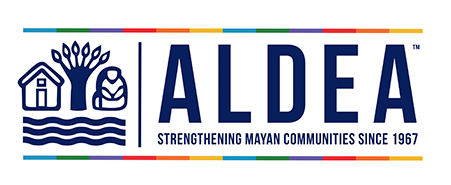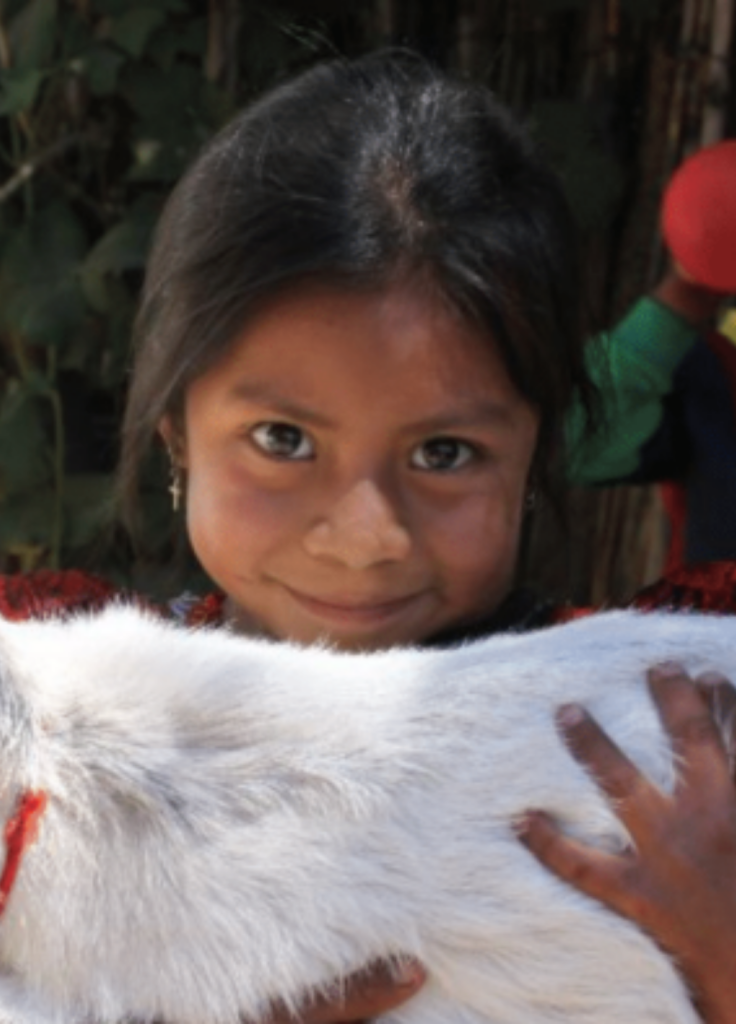
BPD has embarked on a long haul commitment to health at the village level, and thus improve the health of individuals and families within a village. After working in villages in the municipality of San Martín Jilotepeque, BPD forged new partnerships and worked with villages in the municipalities of Santa Apolonia and Patzún.
In 2010, Francisco (Paco) Enriquez was recruited as Executive Director of APBD. Paco helped to develop the current integrated program that has the overarching goal of reducing chronic childhood malnutrition, which has been over 80% in many of the rural villages. Guatemala has the highest rate of chronic childhood malnutrition in all of Latin America. The program was developed through combined efforts of ABPD and BPD, and with important contributions from the communities themselves. This is a true partnership with the communities, faithful to the spirit of Dr. Behrhorst’s principles.
The integrated program addresses the multifactorial causes of childhood malnutrition through multiple interventions, including:
-
- Building potable water systems with clean water piped directly to homes
- Building clean latrines
- Gray water filters to prevent contamination with runoff waste water
- Clean efficient wood burning stoves (to replace cooking over open fires in smoke filled homes)
- Education of women on nutrition, prenatal care, breast feeding, maternal and child care
- Family planning
- Goats for nutritious milk
- Family gardens and fruit trees
- Training of women selected by the community to become health promoters
- Empowerment training for women, leadership training
- Disaster preparedness training, food security
This two-year program has been refined with feedback from community members and is designed to be self-sustaining. Routine follow up has shown significantly decreased rates of childhood malnutrition in participating communities, and longer term followup has shown changes to be sustained and the elements of the program to continue after ABPD has finished its work and moved to other communities. Empowerment and leadership training of women have led to some remarkable changes, including women becoming community leaders in several communities, including positions on COCODEs (typically all-male community development committees), and one woman mayor.

